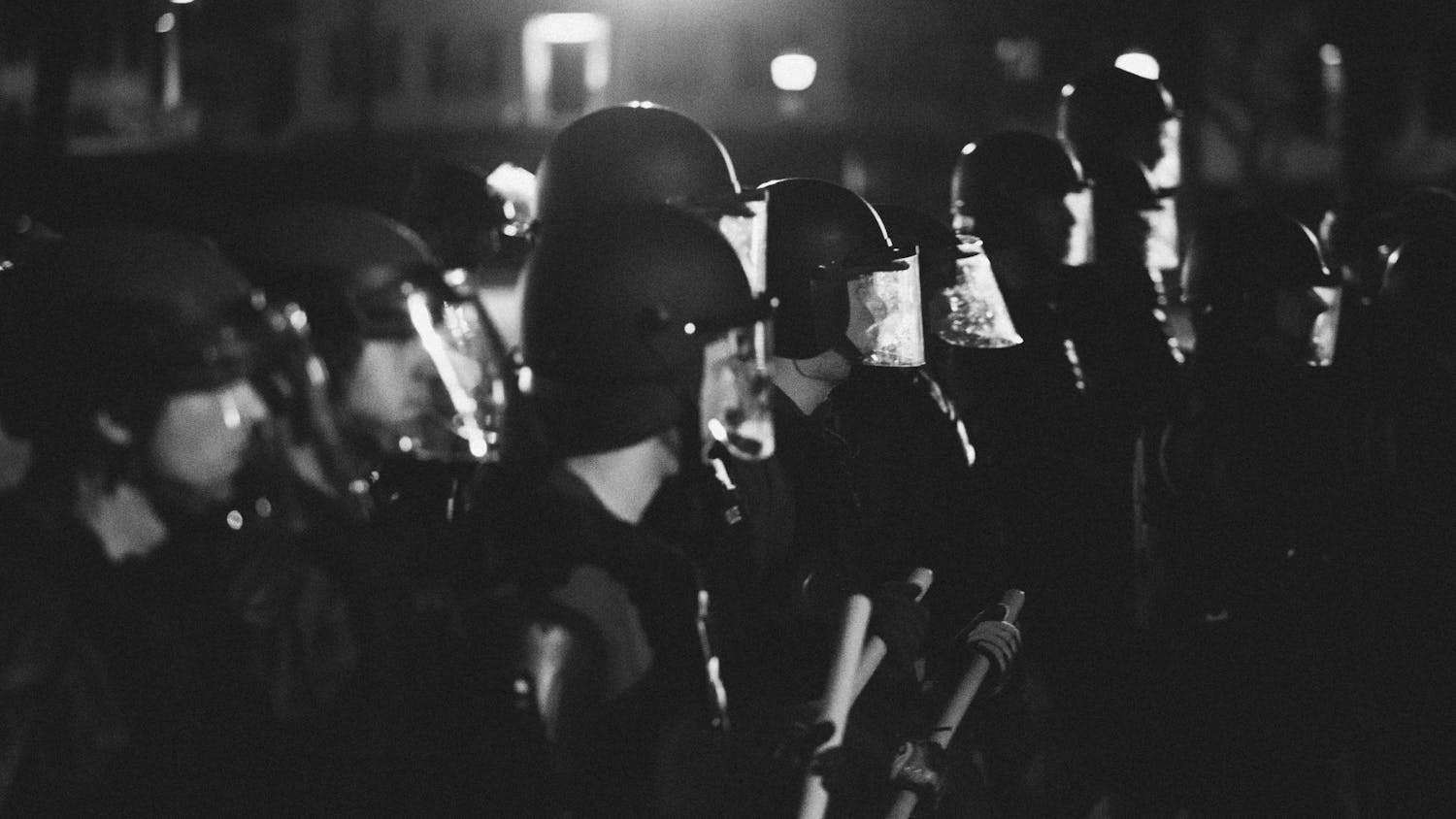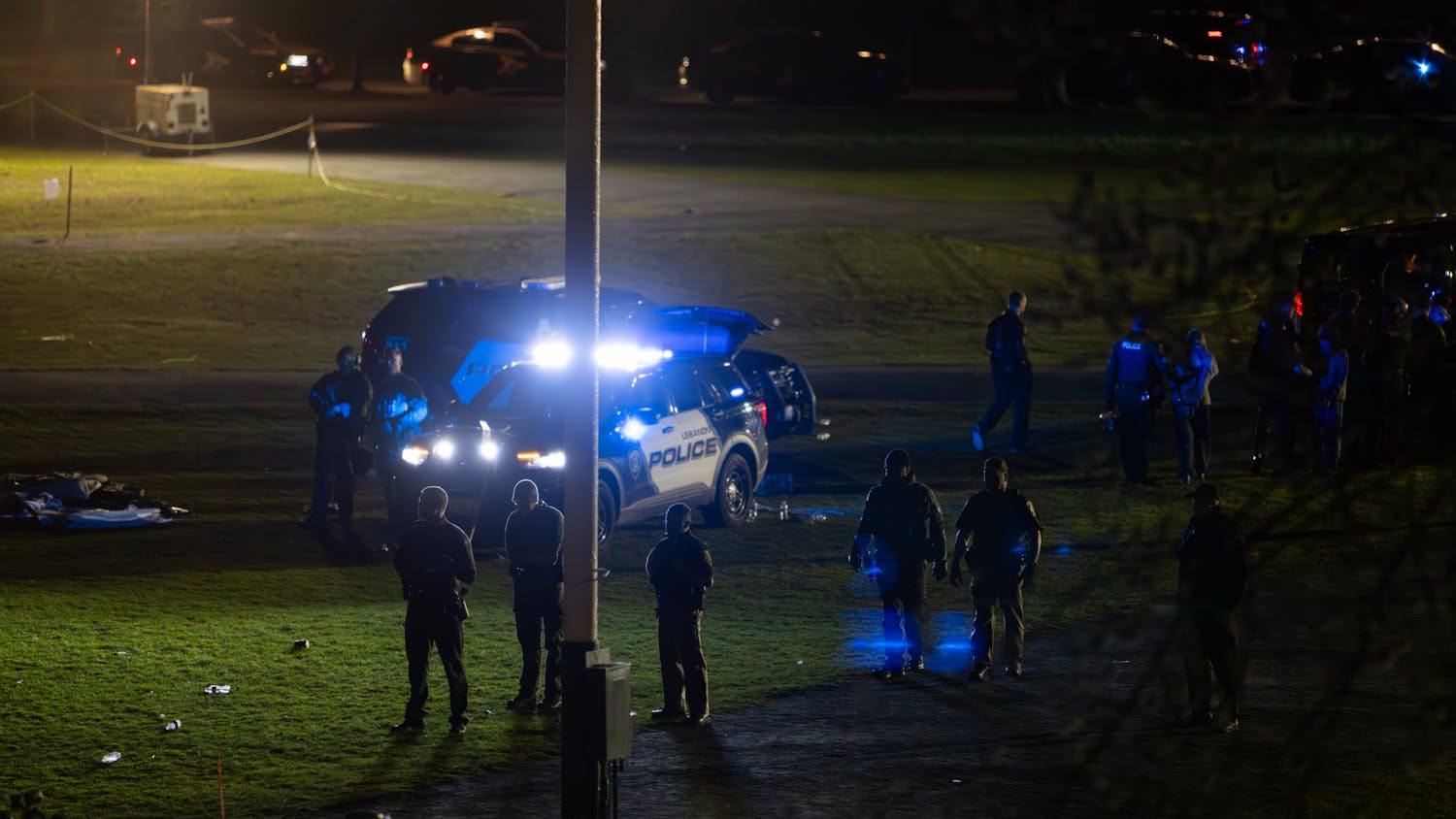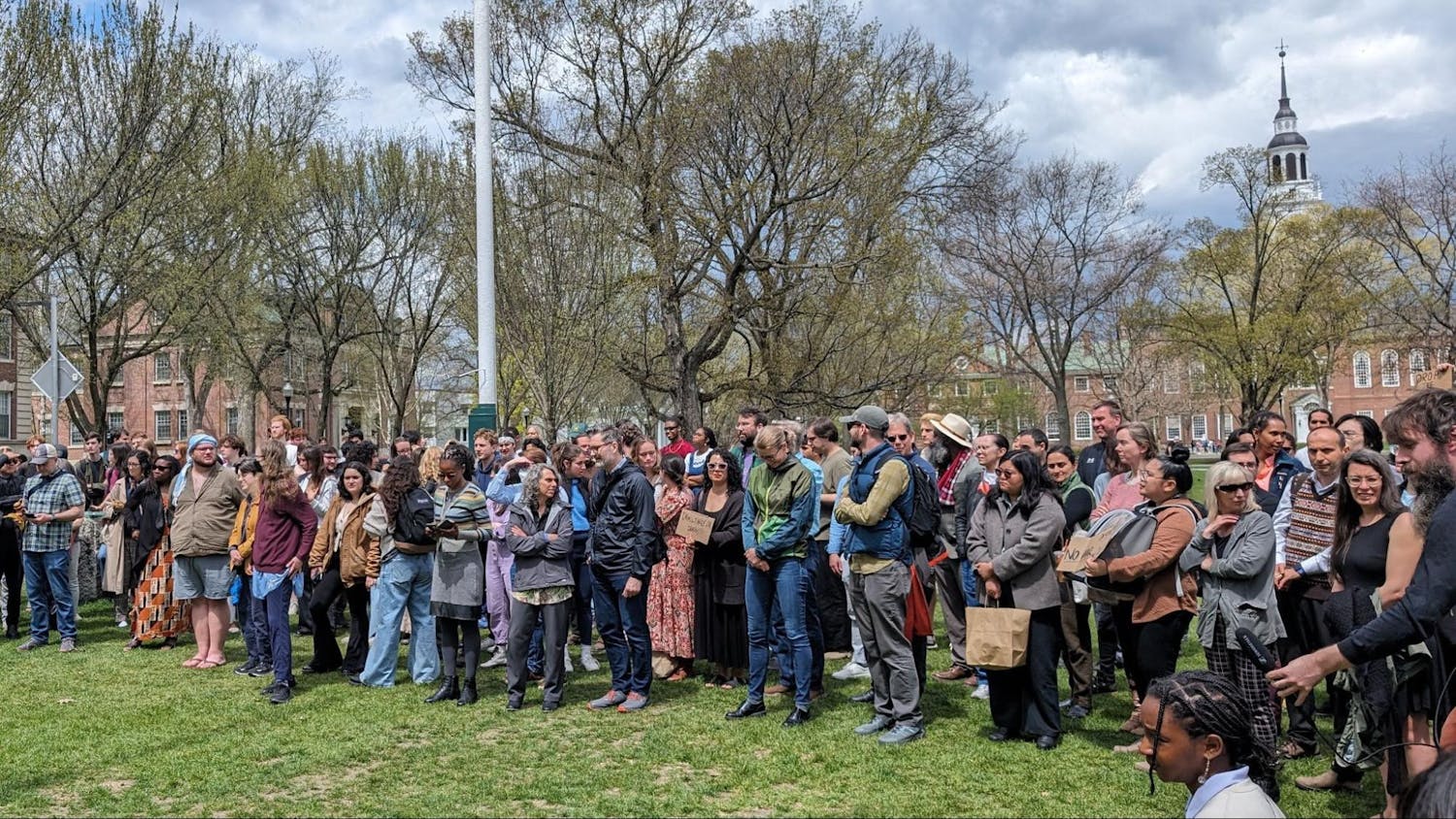Affirming the importance of free discourse and serving a blow to opponents, the Supreme Court ruled unanimously last week that public universities can continue to collect mandatory student activity fees that can be used to support controversial student organizations.
While the case has no immediate impact on nongovernmental private institutions, administrators at Dartmouth say the ruling's impact was felt at the College.
"In actuality, we watched the case with great interest because even though Dartmouth is private, we thought it might be relevant," Dean of Student Life Holly Sateia said. "I looked with some colleagues at the Dartmouth student fee and how we disperse our funds and we decided that we are very comfortable with the process."
Sateia said the College is supportive of the Court's decision, adding that "it has confirmed that student organizations are within the educational process and that college campuses should be a market place for ideas."
The Supreme Court case was brought by several self-described conservative law students at the University of Wisconsin in Madison. Arguing that their First Amendment entitlement to freedom of speech was violated when the university forced them to contribute to groups they oppose, the students won victories in two federal appeals courts.
The suit was financed by the Alliance Defense Fund, a group based in Arizona with a mission of "defunding" the left on college campuses where many liberal groups have gained prominent voices.
Student organizations that the objecting students opposed included gay, lesbian, bisexual, and transgender organizations, as well as those advocating women's and environmental rights and socialist causes.
But the Supreme Court's ruling in favor of the University of Wisconsin was hailed as a victory for civil liberties and liberal groups.
In his opinion for the court, Justice Anthony M. Kennedy wrote that "recognition must be given as well to important and substantial purposes of the university, which seek to facilitate a wide range of speech."
"The speech the university seeks to encourage in the program before us is distinguished not by discernible limits, but by its vast, unexplored bounds," he said. He added, "The university may determine that its mission is well served if students have the means to engage in dynamic discussions of philosophical, religious, scientific, social and political subjects in their extracurricular campus life outside the lecture hall. If the university reaches this conclusion, it is entitled to impose a mandatory fee to sustain an open dialogue to these ends." In ruling in favor of the objecting students, both the Federal District Court of Appeals in Madison and the United States Court of Appeals for the Seventh Circuit based their decisions on Supreme Court decisions ruling that members of unions and bar associations could withhold their fees from supporting political advocacy with which they disagree.
But the Court ruled that those precedents were not applicable, saying, "to insist upon asking what speech is germane would be contrary to the very goal the university seeks to pursue."
When Wisconsin's student activity policy was challenged in 1996, about 15 dollars was distributed for use by various student organizations. That created a fund of $570,000 that went to roughly 200 groups.
At Dartmouth, students pay a mandatory $50 a term for student activity fees. That policy has been in place since 1987 when the Board of Trustees decided that more social options and programs were necessary to meet the needs of a diverse student body, according to Sateia.
The funds at Dartmouth are dispersed through the Undergraduate Finance Committee, a group composed of 15 students and chaired by Sateia.
In another Supreme Court case of related precedence, the Court ruled 5-4 five years ago that public colleges and universities cannot financially support some groups while denying funds to those who espouse controversial viewpoints. But that 1995 decision divided the Court between its liberal and conservative wings, a split that the University of Wisconsin case did not see. Instead, the only division among justices related to the degree of scrutiny with which the Court approached the case. Justice David H. Souter, in his concurring opinion that was also signed by Justices John Paul Stevens and Stephen G. Breyer, said that the Court should have affirmed the constitutionality of mandatory fees without having to "impose a cast-iron viewpoint neutrality requirement," as it did.



